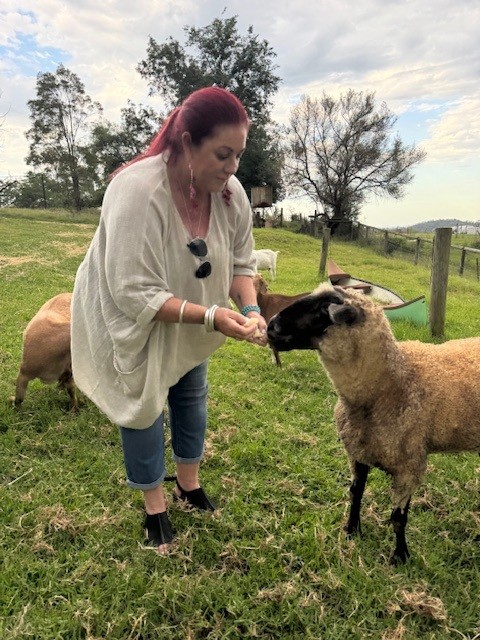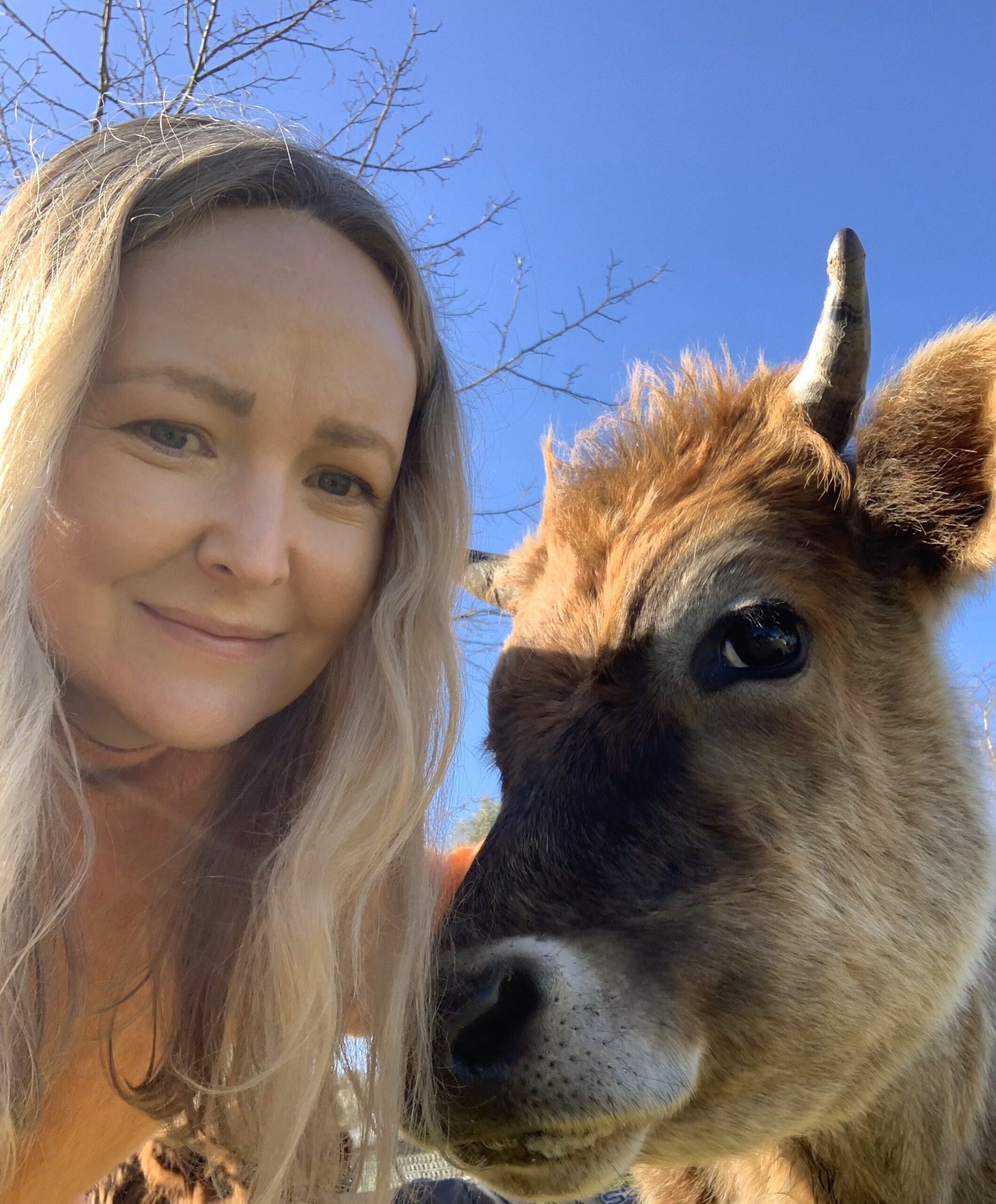Live Sheep Export Ban Countdown
Care. Connect. Change.
Stop Live Exports represents the majority of Australians who think live animal export is cruel and needs to end.
We want to see the live animal export trade replaced with a progressive and ethical alternative that looks after producers and their farm animals too.
Care. Connect. Change.
Stop Live Exports represents the majority of Australians who think live animal export is cruel and needs to end.
We want to see the live animal export trade replaced with a progressive and ethical alternative that looks after producers and their farm animals too.
Live Export Facts
About Live Exports
For days or weeks at a time, sheep on live export ships are routinely exposed to overcrowded and filthy conditions,
extreme heat and poor ventilation, high levels of ammonia from urea, and incessant noise, light and movement. Once
they arrive at importing countries, sheep are often subject to mishandling and brutal slaughter without stunning.

Live sheep exports account for only 0.1% of Australia’s agricultural exports
7 in 10 Western Australians (71%) supports the phase-out of live sheep exports by sea

Nearly 44,000 Australians signed a parliamentary petition in 2023 calling for live sheep export by sea to be phased out

Live sheep exports by sea from Australia have declined by over 90% over the past 20 years to around 433,078 (2024)

Australian sheepmeat exports are about 70 times the value of the live sheep export trade
Together, we can and we will, end this cruel trade
Australians care deeply about the welfare of our animals. And as long as live animal exports continue, we cannot escape the harsh reality of systemic, often unfathomable, cruelty.
Thanks to tireless public advocacy, a legislated end to live sheep export by sea is now set for 1 May 2028. This marks a major step forward—but it is not the end of the fight.
There’s a persistent myth that ending live export will severely harm producers who are already doing it tough. But this simply isn’t true.
In fact, more than 70% of Australians living in rural areas support ending live animal exports. They are even more concerned about current welfare standards than people in any other region. Support for the phase-out is strong—especially in WA’s rural and regional communities—and reflects a growing recognition that our export industries must evolve in ways that protect both animals and long-term sustainability.
This isn’t about punishing farmers or dictating dietary choices. That narrative is being pushed by a small group of exporters desperate to cling to outdated practices.
What it’s really about is this: ensuring no animal suffers needlessly.
Other countries are banning live export. Australia is now on the path to doing the same—but only if we stay united.
Who supports the phase-out of live sheep exports by sea?
%
Western Australians*
%
Australians*
%
Submitters to the House of Representatives Standing Committee on Agriculture
FAQs
Recent News &
Updates
Become a Member
Why we want to end live animal exports
Despite years of damning evidence, Australian animals are still being exported live by sea and air, subjected to horrific conditions and unimaginable suffering.
Animals exported live endure long journeys in overcrowded, often unsanitary environments. Sea voyages can last weeks, exposing animals to extreme heat, high humidity, ammonia buildup from waste, and relentless stress from motion sickness, dehydration, and injury. In many cases, animals arrive emaciated, sick, or already dead.
Upon arrival, they are sent to destinations where there are no enforceable animal welfare protections, and many are slaughtered while fully conscious. The absence of stunning and the brutal treatment they face is in direct contrast to the standards Australians expect.
The cruelty is not historical—it’s ongoing.
- In 2023, sheep were again seen collapsing on heat-stressed voyages to the Middle East.
- In 2024, whistle-blower reports and leaked footage exposed further breaches in ESCAS (Exporter Supply Chain Assurance System), with animals suffering in facilities known for repeated non-compliance.
- The export of Australian animals during religious festivals continues to present unacceptable risks, as welfare controls are routinely ignored.
This industry has a long and shameful history.
Australians remember:
- Tommy the steer, who was brutally slaughtered in front of others in ABC’s A Bloody Business (2011).
- The harrowing footage from August 2017, showing sheep gasping, drowning, and “cooking alive” on the Awassi Express.
- The 2019 images of terrified steers tied and killed without stunning during Eid al-Adha in Indonesia.
We mustn’t look away. Live animal export is not only cruel—it’s collapsing.
Between 2017 and 2021, live exports fell by an average of 16% each year, and that trend has continued. Leading meat processors and producers are increasingly turning to chilled and frozen meat exports—a safer, more humane, and economically reliable solution.
The Australian Government has now legislated an end to live sheep exports by sea, set for 1 May 2028. But cattle, buffalo, and goat exports continue, and the risk to animals remains just as severe.
Supporter Profiles
Carole-Anne Priest
Businesswoman and Animal Advocate
Meet Carole-Anne Priest, a successful businesswoman and passionate animal advocate who has transformed her semi-rural property into a sanctuary for rescued farm animals. Her journey from city life to living with livestock has deepened her understanding of the unique personalities and social bonds of animals, fueling her commitment to ending live export.
Rachele Clarke
Til' The Cows Come Home
Meet Rachele Clarke. Her parents were fifth-generation cattle farmers in rural Queensland and Rachele grew up surrounded by animals destined for Australia’s food system.
Paradise Pastures
Meet Craig Baco. The live export industry would label him an activist. We call him a hero. A hero for the animals, caught up in the cruel and allous live export trade. A hero for standing in all-weather at Fremantle Port, to bear witness to what these gentle creatures are made to endure
Australian Alliance for Animals
For Dr. Jed Goodfellow, advocating for animals isn’t just a passion—it’s a lifelong commitment. From his early days as an RSPCA inspector to co-founding the Australian Alliance for Animals, Jed has dedicated his career to strengthening protections for animals and driving much-needed reform.
Events & Updates
Practical ways you can get involved
There are many ways you can make a difference to the live animal export trade that don’t require a financial contribution.
We run campaigns to lobby government and industry stakeholders which everyone can participate in. Making your voice heard is a simple and effective way of letting decision-makers know that a modern society like Australia doesn’t need to export live animals to maintain a healthy agricultural sector.
We also run events and fundraisers to connect with each other to bring about change, and we’re very active on Facebook, so get social!
Sharing our social media posts helps raise awareness and generate conversation about the need to end live animal export. It also helps build our supporter base and generates donations to help us end live animal export sooner.




